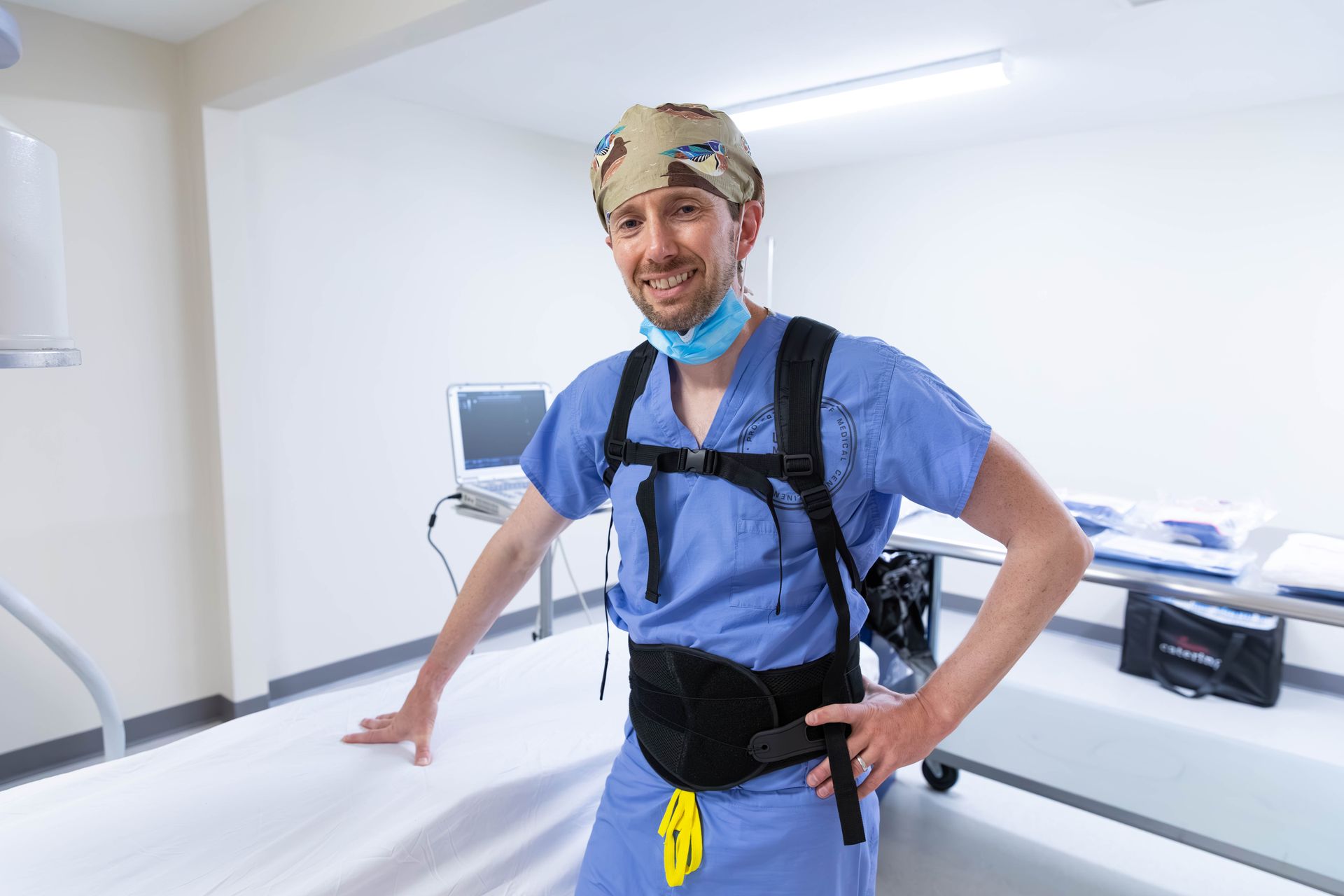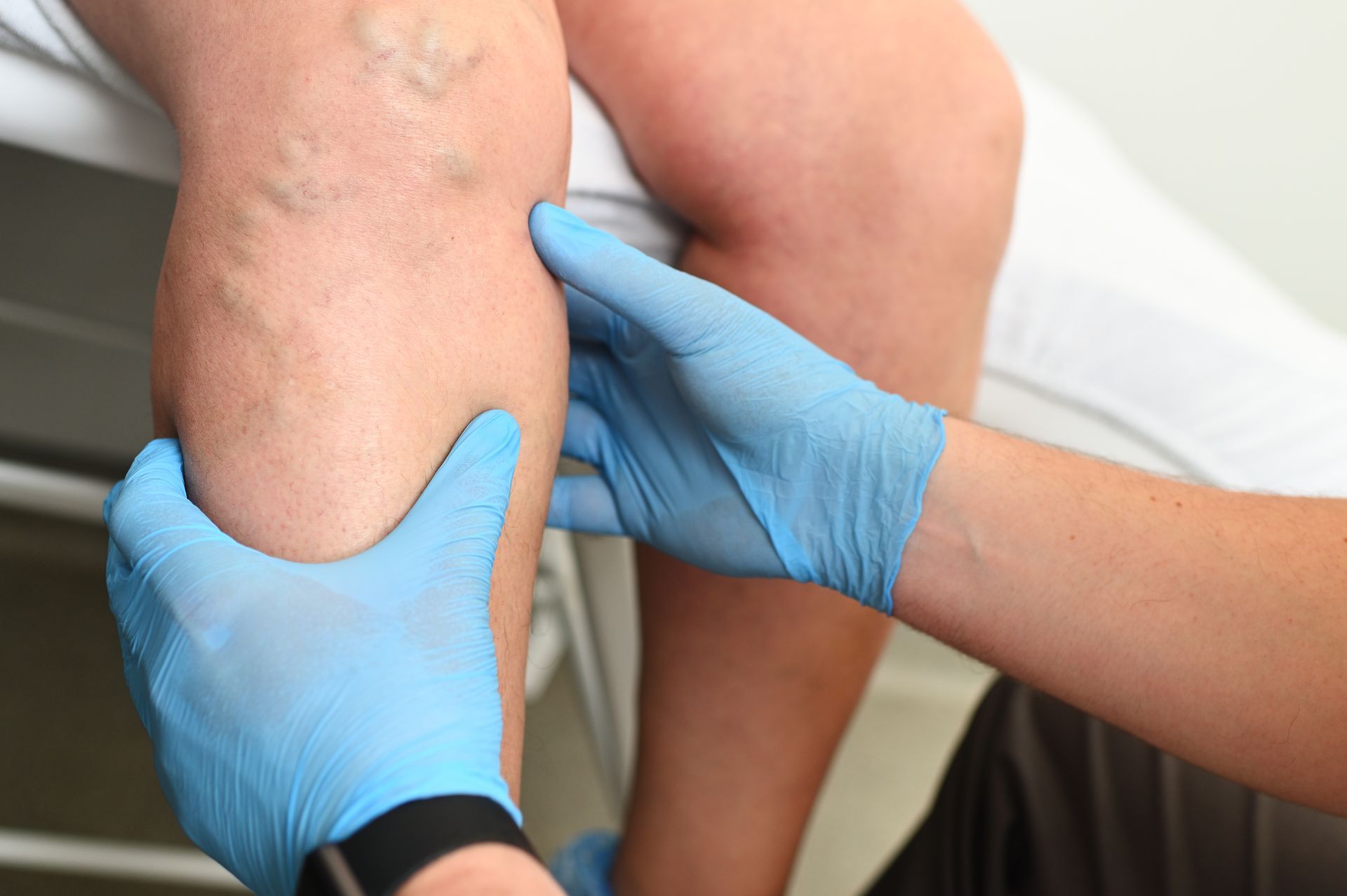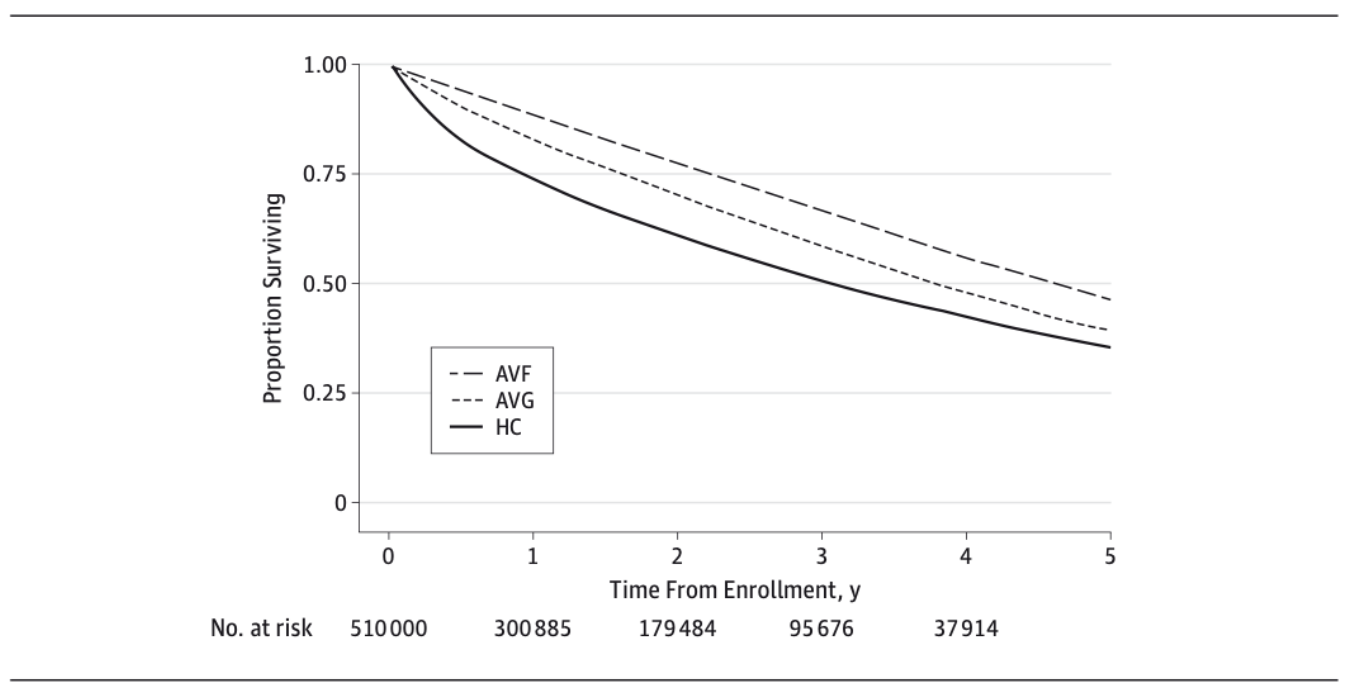The Importance of Early Detection in Vascular Diseases
Vascular diseases, which affect the veins and arteries circulating blood throughout your body, can lead to serious health complications if left untreated. Conditions like Peripheral Artery Disease (PAD), deep vein thrombosis (DVT), aneurysms, and varicose veins can progress silently, causing damage that may go unnoticed until advanced stages. Early detection is the key to preventing severe outcomes and improving quality of life.
Why Early Detection Matters
- Preventing Life-Threatening Complications: Vascular diseases can lead to serious complications such as strokes, heart attacks, and limb amputations. Detecting these conditions early allows timely interventions to prevent these potentially life-threatening outcomes.
- Slowing Disease Progression: Conditions like atherosclerosis, which involves plaque buildup in the arteries, worsen over time. Early detection can help slow the progression of the disease through lifestyle changes, medications, and minimally invasive treatments.
- Avoiding Emergency Situations: Many vascular conditions, like aneurysms or blood clots, may not present symptoms until a critical event occurs. Early screening can identify risks and allow for preventive measures, avoiding emergencies that require urgent care.
- Improving Treatment Success Rates: The earlier a vascular condition is diagnosed, the more effective treatment tends to be. For example, minimally invasive procedures for PAD or varicose veins are most successful when performed before the condition reaches advanced stages.
- Enhancing Quality of Life: Untreated vascular diseases can cause chronic pain, mobility issues, and fatigue. Early detection and treatment can alleviate symptoms and help you maintain an active, healthy lifestyle.
Common Vascular Diseases That Benefit from Early Detection
- Peripheral Artery Disease (PAD): Early symptoms like leg pain when walking or non-healing sores can indicate PAD, which can be managed effectively when caught early.
- Aneurysms: Abnormal bulging of an artery, often detected through imaging tests, can be treated before rupture.
- Deep Vein Thrombosis (DVT): Early diagnosis of blood clots in deep veins can prevent serious complications, such as pulmonary embolism.
- Varicose Veins and Chronic Venous Insufficiency: Detecting and addressing vein issues early can prevent further complications, such as ulcers or skin damage.
- Carotid Artery Disease: Early detection of plaque buildup in the carotid arteries can reduce the risk of strokes.
How to Detect Vascular Diseases Early
- Routine Check-Ups: Regular visits to your healthcare provider can help identify early signs of vascular diseases. Discuss any symptoms you’re experiencing, such as leg pain, swelling, or changes in skin color.
- Screenings and Diagnostic Tests: Vascular screenings, such as ultrasound or angiography, are non-invasive ways to detect issues like blockages, narrowing, or aneurysms. These tests are especially important for individuals with risk factors such as smoking, diabetes, or a family history of vascular disease.
- Pay Attention to Symptoms: Recognizing and acting on early warning signs is crucial. Symptoms to watch for include:
- Leg pain, especially during physical activity
- Swelling in the legs or ankles
- Non-healing sores or ulcers
- Numbness or coldness in the extremities
- Visible, twisted veins (varicose veins)
- Know Your Risk Factors: Understanding your personal risk factors can help you take proactive steps. Common risk factors for vascular diseases include:
- Smoking
- Diabetes
- High blood pressure
- High cholesterol
- Obesity
- A sedentary lifestyle
- Family history of vascular conditions
Steps to Protect Your Vascular Health
- Adopt a Healthy Lifestyle: A diet rich in fruits, vegetables, whole grains, and lean proteins, combined with regular exercise, can improve circulation and reduce vascular risks.
- Quit Smoking: Smoking is a significant contributor to vascular disease. Quitting can significantly lower your risk.
- Manage Chronic Conditions: Controlling diabetes, high blood pressure, and high cholesterol can prevent vascular complications.
- Seek Regular Screenings: If you have risk factors or symptoms, don’t wait—schedule a vascular screening to ensure early detection.
The Role of California Vascular Health Specialists
At California Vascular Health Specialists, we are dedicated to helping patients detect and manage vascular diseases early. Our advanced diagnostic tools and minimally invasive treatments allow us to address conditions effectively before they progress. Whether you’re seeking routine screening, symptom evaluation, or treatment, our team is here to provide personalized care tailored to your needs.









